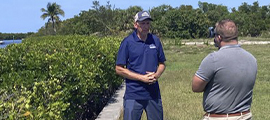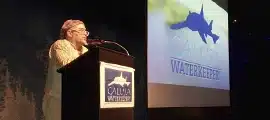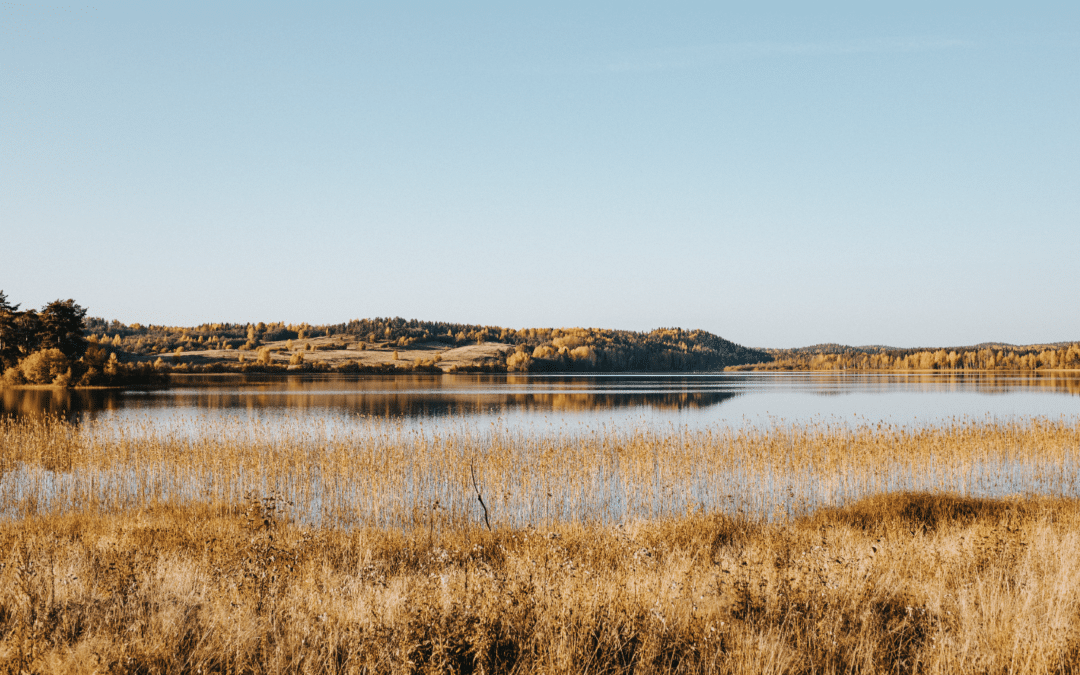Today, the Supreme Court issued its opinion in the case of Sackett v. EPA and ruled in favor of the Sacketts and their corporate polluter allies, delivering a major setback to the essential protections afforded by the Clean Water Act (CWA). This decision significantly narrows the range of waters that the CWA protects, and opens the door for thousands of damaging projects to move forward without any water quality protections. Without these essential legal protections, wetlands, rivers, and lakes across the country – and the communities who depend on them – are now much more vulnerable to industry pollution and destruction.
Wetlands, rivers, streams, and lakes are inextricably connected with the rest of the nation’s waterways. A blow to one threatens water quality everywhere and leaves millions of people at risk of dangerously contaminated drinking water. With intensifying droughts wreaking havoc on agriculture, recreation, fisheries, and public water supplies, and toxins increasingly threatening water sources across the country, now could not be a worse time to weaken this landmark environmental law.
In response, Marc Yaggi, CEO of Waterkeeper Alliance released the following statement:
“Thousands of bodies of water – and nearly half of all wetlands in the lower 48 states – just lost their Clean Water Act protections. The Court’s short-sighted decision will have devastating consequences for our communities and hinder our right, under the Clean Water Act, to safeguard our nation’s waters.
The court’s arbitrary reasoning rests on the flawed arguments of industry polluters. This decision defies the text and purpose of the Clean Water Act as established law, undermines decades of consistent legal interpretation, and ignores the science behind environmental protection.
Congress must urgently step in to restore clean water protections for our nation’s irreplaceable waterways. Now more than ever, it is imperative that we prioritize people’s health and safety over polluters and ensure that everyone, no matter their race, zip code, or income, has access to clean water.”
Full Article on Waterkeeper Alliance

























